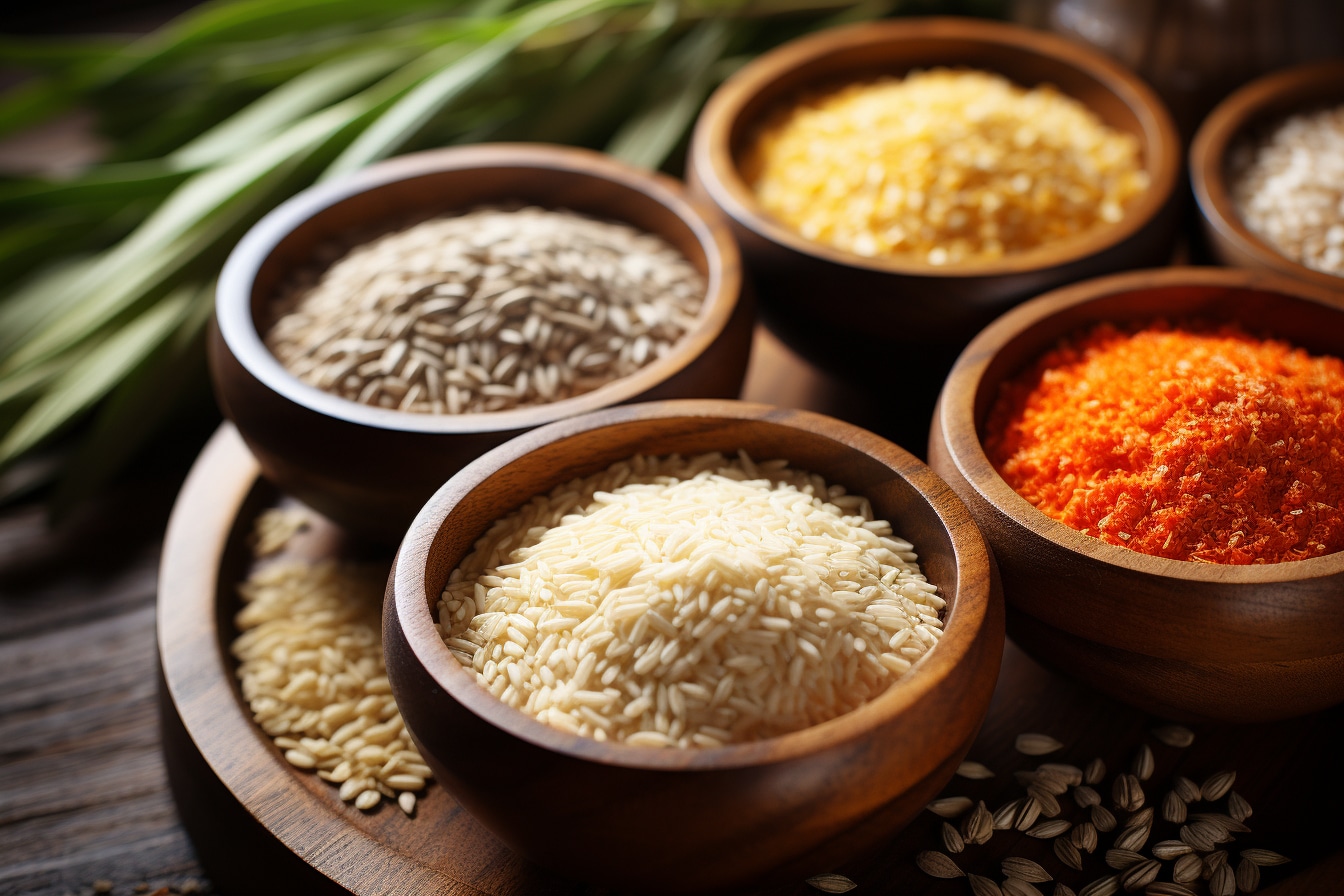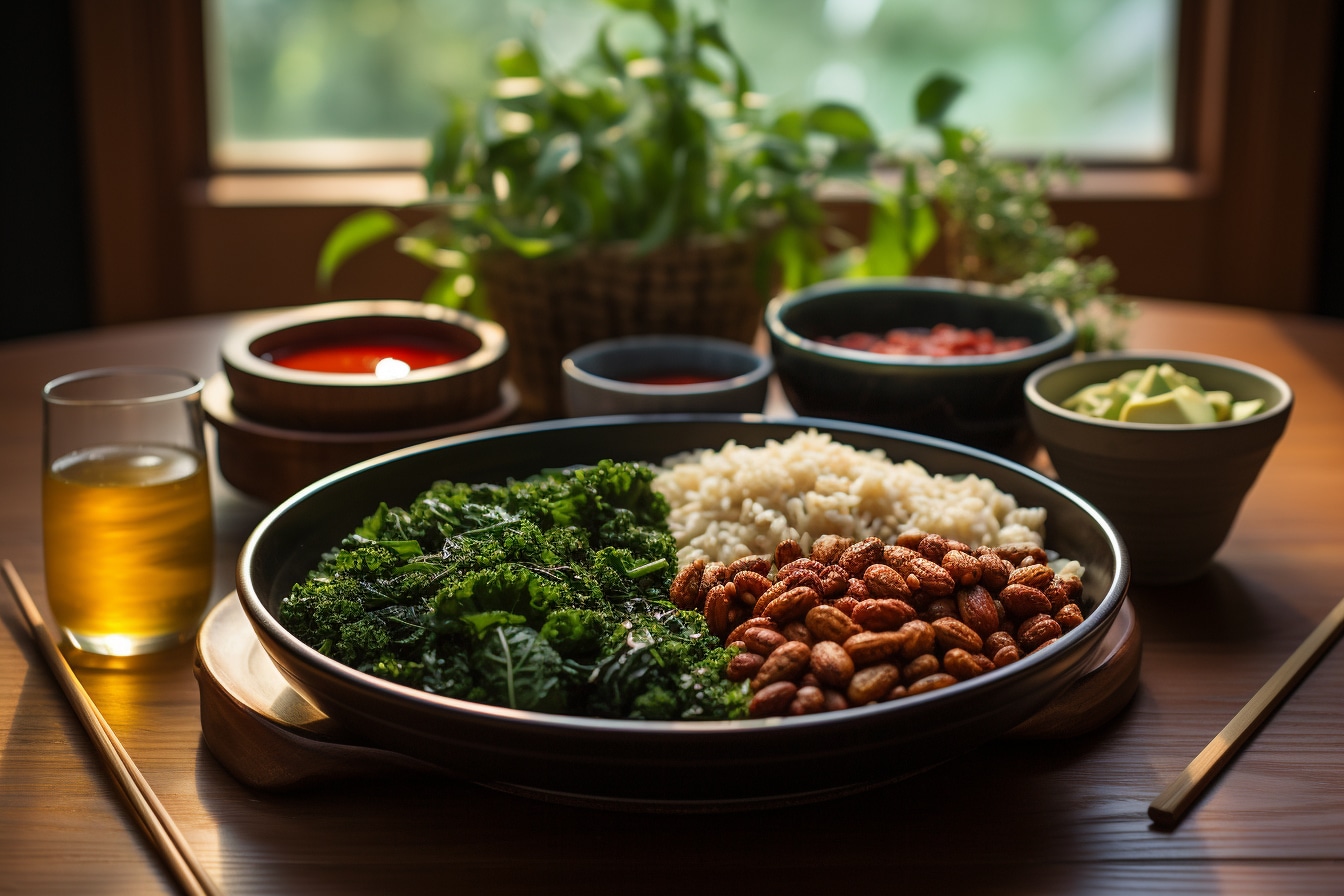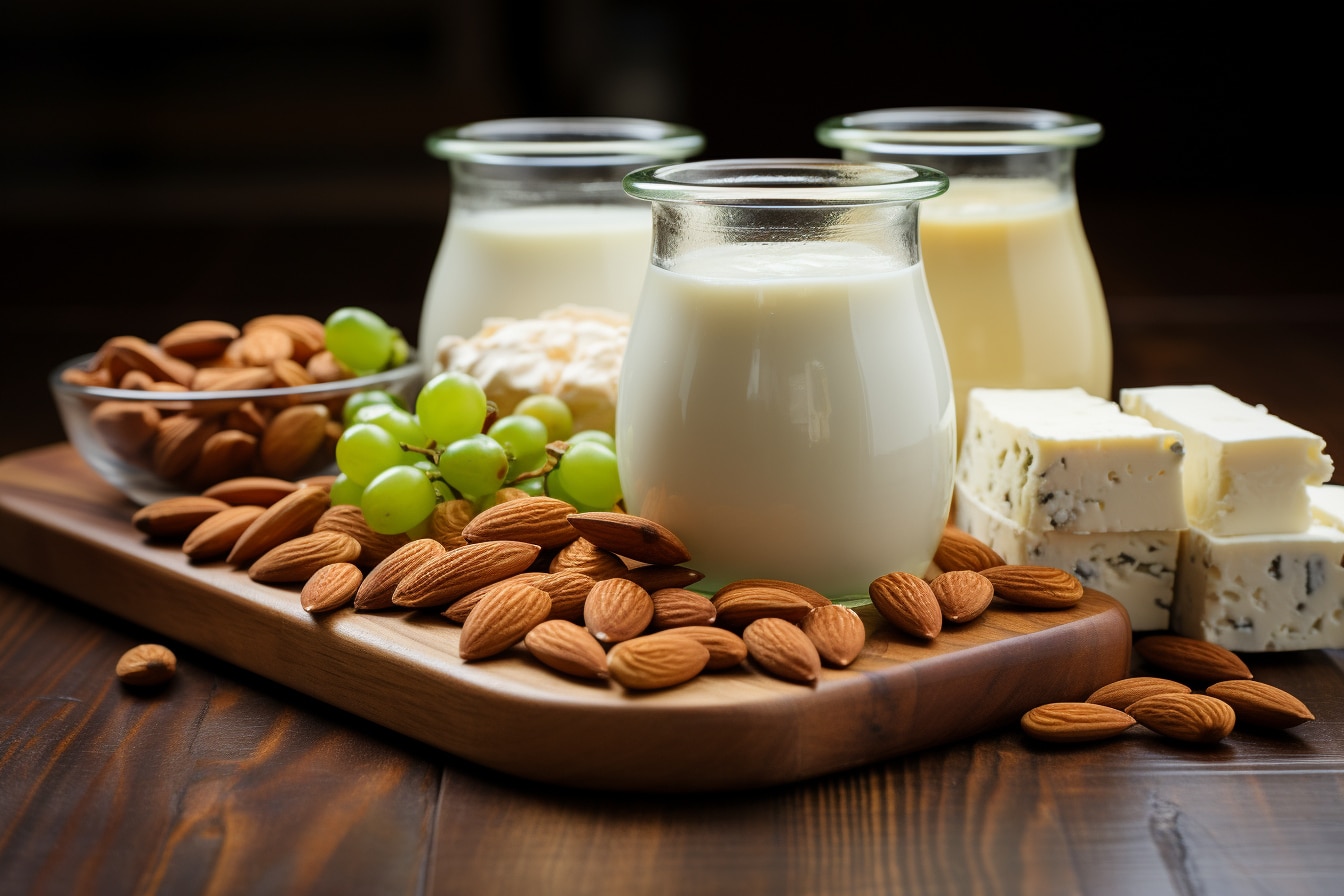The gluten saga looks like a modern tale full of mystery, confusion and passionate debate. Upon from nowhere, he managed to make the food industry tremble in the blink of an eye. Gluten or not gluten, such is the question. But what about? In this article, we will demystify the myths surrounding gluten and equip yourself with an enlightened perspective.
gluten: what is it?
Gluten , a protein present in cereals such as wheat, barley and rye, has become the scapegoat of many health problems. But, is it really the culprit, or simply a badly understood victim?
myth n ° 1: gluten is bad for everyone
no, gluten is not Not a universal toxin. In reality, it is only harmful for people with certain specific medical conditions such as celiac disease or gluten intolerance.
gluten and health: a complex relationship
< P> Now that we have clarified the first myth, let’s examine the impact of gluten on our health.
Myth n ° 2: Gluten-free diet is healthier
Think. Gluten -free diet is not necessarily healthier. Indeed, gluten -free products can often be rich in sugar and fat to compensate for the absence of gluten.
myth 3: gluten is the cause of weight gain
There is no direct link between gluten consumption and weight gain. It is the excess of calories, whatever their source, which leads to the increase in weight.
however, it is interesting to note that the consumption of low gluten products can drive to a weight gain, because these products can be rich in calories.
incorporate or avoid gluten: what should we do?
After clarified certain myths, the decision of ‘Understanding or excluding gluten should be based on personal health considerations and not on predefined ideas.
myth n ° 4: a gluten -free diet is necessary for everyone
false. Unless you have a medical condition that requires gluten -free diet, there is no need to avoid gluten.
the verdict on gluten: good, bad and myth
Faced with contradictory information on gluten, it is crucial to be informed and aware. Gluten is neither an absolute enemy nor a magic ingredient. As with everything, balance is the key.
Before making a decision on gluten, talk to your doctor or a nutritionist. They can guide you to a diet that meets your specific needs.





